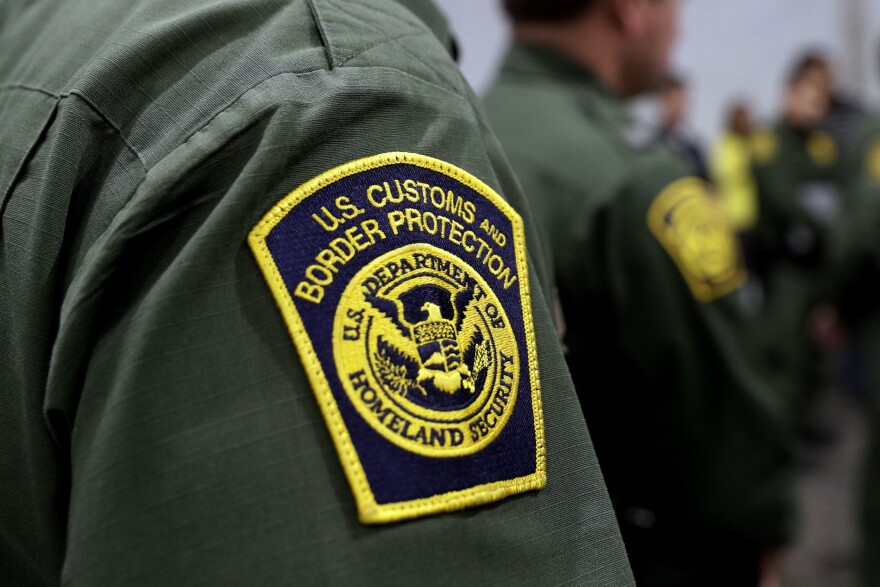The Maine House and Senate gave initial approval on Tuesday to a bill limiting state and local law enforcement's ability to proactively cooperate with federal immigration enforcement.
The controversial bill passed the 151-member House by a single vote following more than an hour of emotional debate. While the 21-14 vote in the Senate was more lopsided, senators' impassioned remarks reflected the deep divisions in the country over the Trump administration's aggressive detention and deportation campaign targeting non-citizens.
"The fact of the matter is we do not live in normal times," said Sen. Joe Baldacci, D-Bangor, a bill supporter. "We actually have a ICE, an immigration agency, and an administration, that does not respect the law, that runs roughshod over the law."
"We should not be handcuffing law enforcement's ability to assist and do everything we can to apprehend criminals who are threatening Mainers' lives," said Sen. Matt Harrington, R-Sanford. "This legislation before us is quite troubling."
The bill, LD 1971, generally prohibits state and local law enforcement from stopping, interrogating, or detaining someone based on immigration status alone. It would require a court order or criminal warrant in order to transfer someone into the custody of federal immigration agencies.
In response to concerns raised by law enforcement, the bill was changed during the committee process to make clear that local police could still participate in federal task forces and assist with other criminal investigations.
Bill sponsor Rep. Deqa Dhalac, D-South Portland, said nothing in the measure prohibits law enforcement from arresting someone for committing a crime.
"Instead, it provides clarity," she said. "It will ensure that Maine law enforcement can focus on their primary mission, safeguarding our communities and upholding the state laws."
The vote fell largely along party lines. Republicans, including Rep. Elizabeth Caruso, R-Caratunk, said the bill would undermine federal law enforcement as well as local police.
"We do not want Maine to be a haven for illegal, foreign criminals, or a sanctuary state," Caruso said. "We do not want Maine to be threatening public safety, threatening the lives of our front line law enforcement officers and failing to uphold our border duty state."
The bill is part of a broader legislative effort to define relationships between state and local enforcement and federal immigration authorities. The bill faces additional votes in the House and the Senate.





